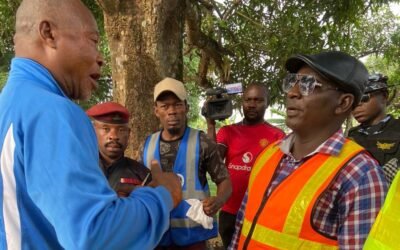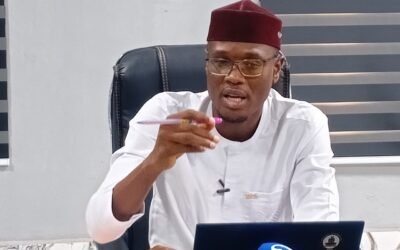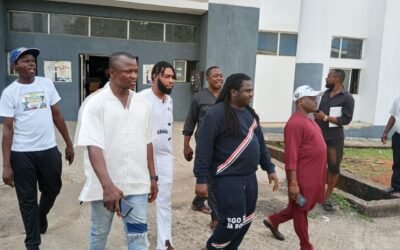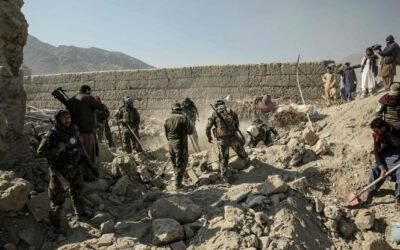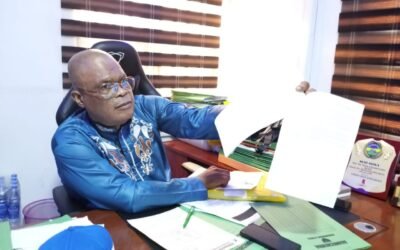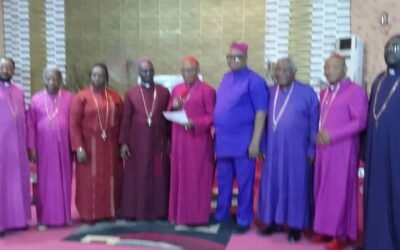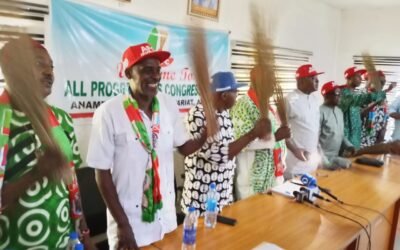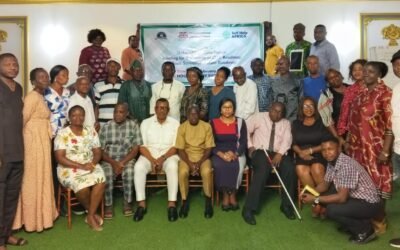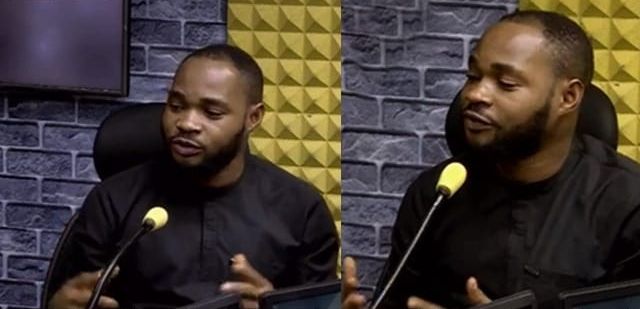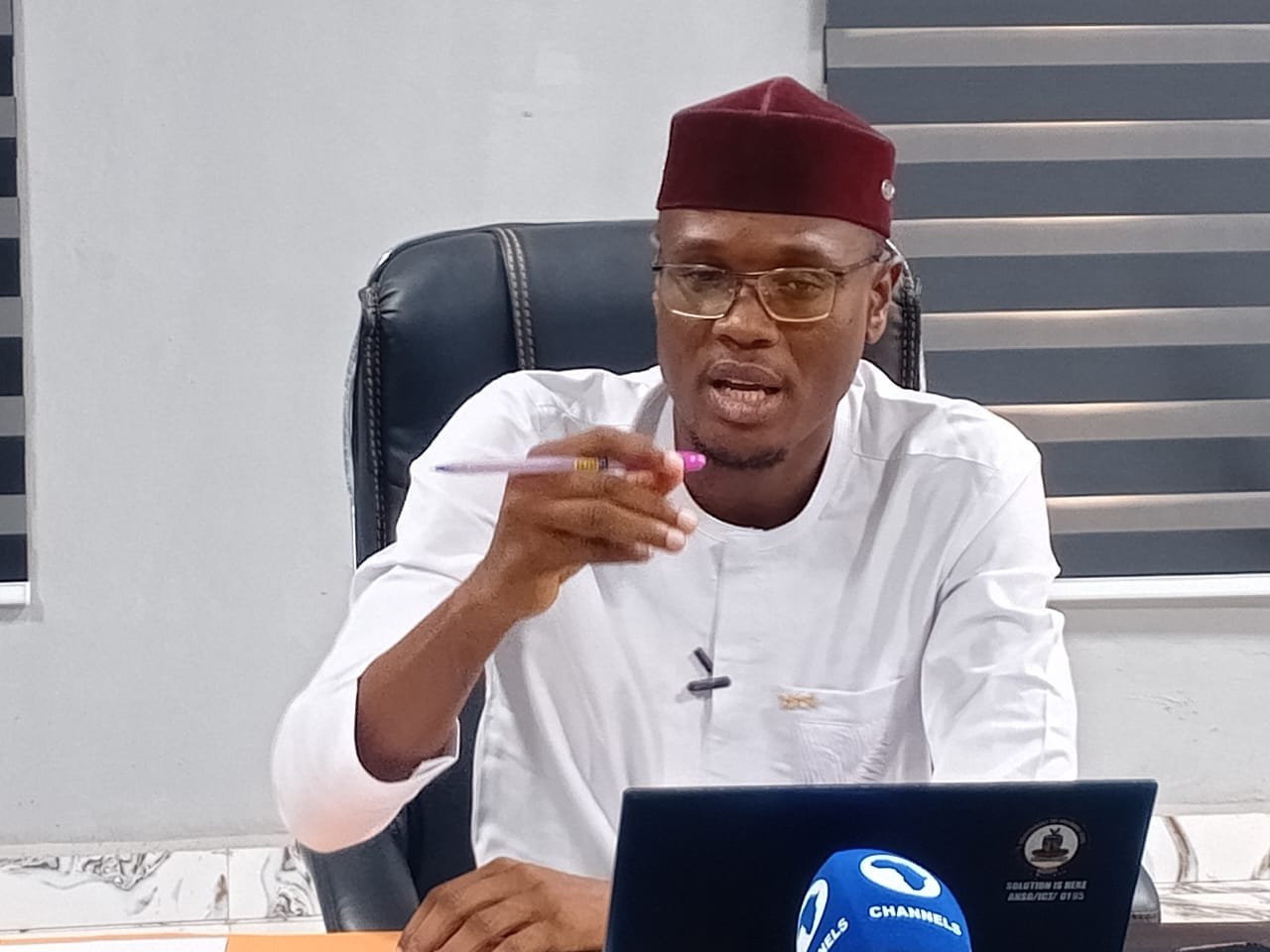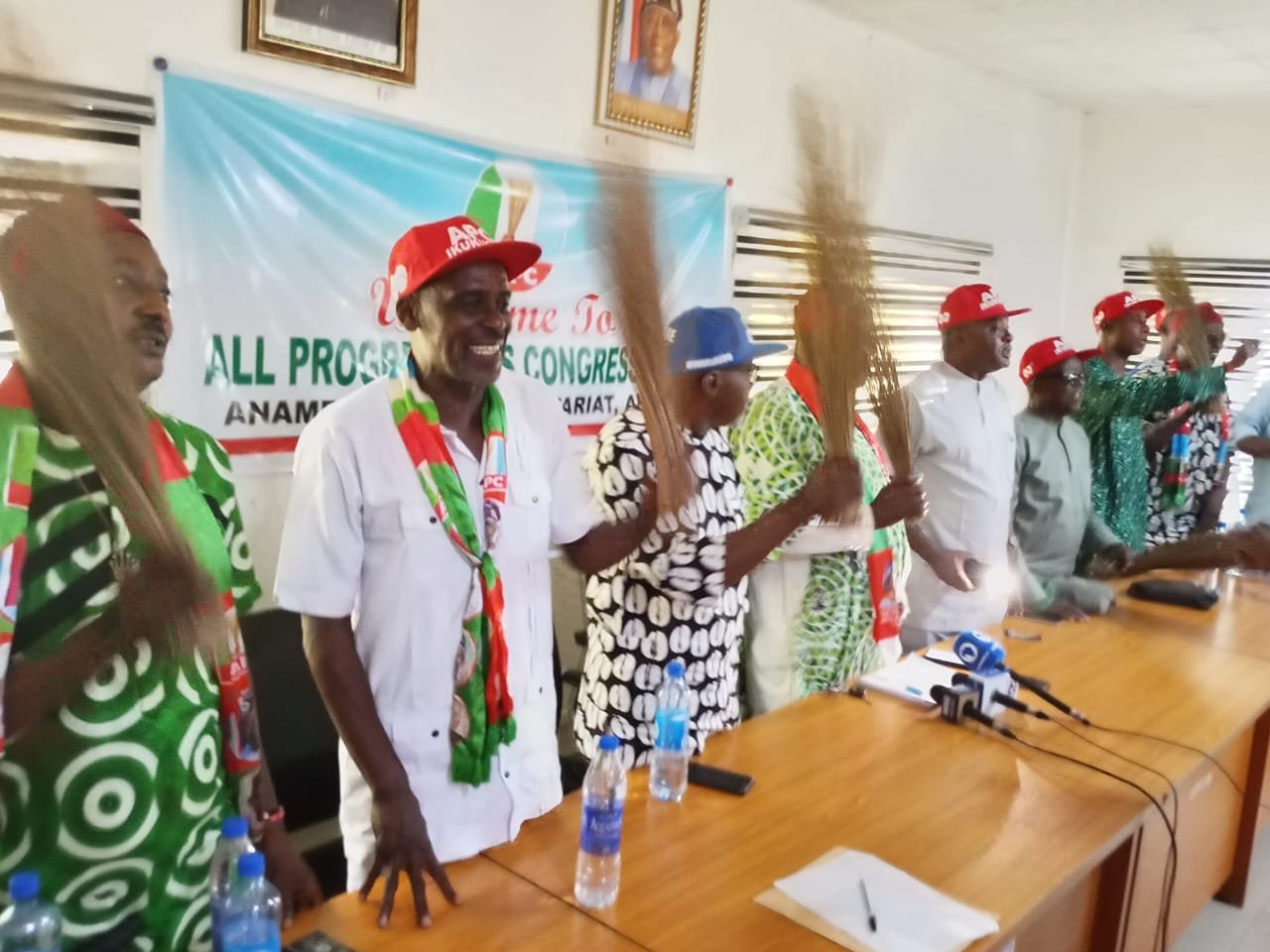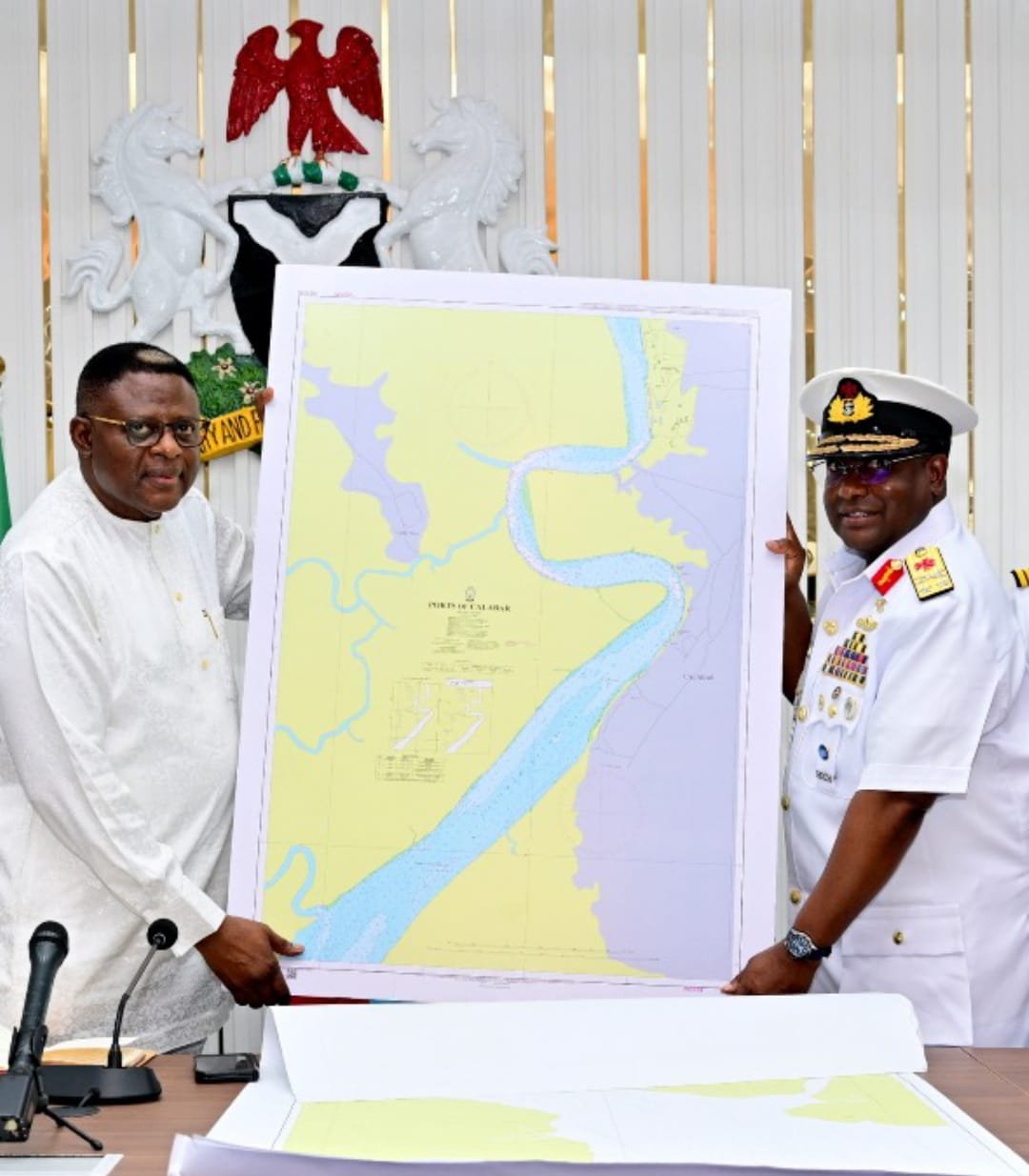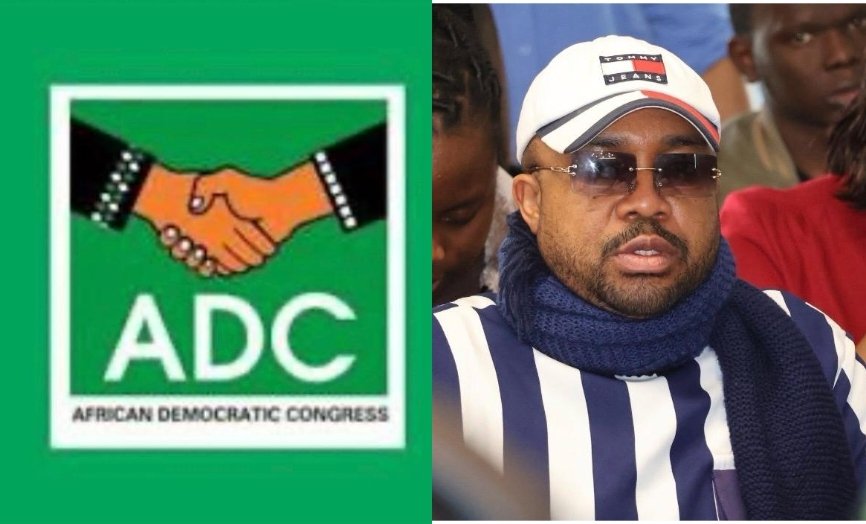They say every state is born twice, first as an idea, then as an institution. Ogoja State, as an idea, has meandered the Nigerian political space for decades, lingering like an unwritten promise in the strips of constitutional reform. The National Assembly is at it again. This time, as a potential political project with implications beyond the boundaries of Northern Cross River. The question, then, is not whether Ogoja State is a bad idea or a good one, but whether it is a purposeful one; and whether those who carry its banner have the sincerity, structure, and long-term vision to translate this idea into reasonable substance.
The proposed Ogoja State, according to reports, would most likely encompass nine local government areas: Ogoja, Yala, Bekwarra, Obudu, Obanliku, Ikom, Boki, Obubra, and Etung. This is a culturally rich and geographically strategic zone, home to diverse ethnic groups and abundant natural resources. From the Obudu Cattle Ranch and the mountainous terrains of Obanliku to the dense forests of Boki and the busy trading centres of Ikom, the region boasts immense economic and touristic potential.
Agriculturally, the area is fertile and productive, known for cocoa, banana, rice, rubber, and groundnut cultivation. Beneath its soil lie valuable minerals such as limestone, sodium chloride, quartz, and barite, hinting at significant mining opportunities. For tourism, beyond the famous Obudu Cattle Ranch, Agbokim Waterfalls, Alok Monoliths, and other natural landmarks elevate the region’s appeal as a premier eco-tourism destination in Nigeria.
READ ALSO: Stakeholders call for urgent action as deforestation crisis deepens in Cross River
Proponents usually argue that creating a new state will bring governance closer to the people and accelerate grassroots development. More importantly, it would likely expand opportunities for job creation, especially in public administration, infrastructure development, agriculture, and tourism. In Nigeria, where unemployment is a chronic sickness, this is an uncommon benefit. With a state capital possibly sited in Ogoja or Ikom, satellite towns could witness an influx of investment, new construction, and service industries. These are all meaningful possibilities, on paper.
But it is on this same paper that many state creation campaigns have been drafted, only to turn into sordid stories of mismanagement and underdevelopment. Bayelsa State, for instance, was created in 1996 to give the Ijaw people greater political autonomy and development. While it has produced high-ranking political figures, including a president, and received massive oil revenues, much of its population still battles poor infrastructure, unemployment, and severe poverty. It is arguably one of the most underdeveloped states in Southern Nigeria. The development dividends promised at creation remain largely concentrated in the hands of a few. Ebonyi State is not an exception.
Nigeria is replete with such examples, where new states did not lead to transformation or solve the problem they were created to solve, but merely reshuffled privilege among politicians. The concern, then, is not whether Ogoja State is viable, but whether it will be different. Will it be a model of inclusive development, or will it become yet another experiment?
Now, we cannot ignore the signals that suggest the latter. Already, in the media, conversations about the proposed state are being framed less around economic blueprints, vision and plans, and more around zoning, capital siting, and who gets what or becomes what. These are valid questions, but when they overshadow the conversation about vision and governance, there is suspicion. There is a fear that the idea of Ogoja State may be hijacked to create a new structure for political patronage. I am one of those with such fear.
Regardless, dismissing the project outright would be intellectually dishonest. Nigeria is a country where regional imbalances and inequities in development persist, and state creation, if thoughtfully executed, can be a corrective measure. It can empower neglected zones and stimulate targeted investments. For example, Gombe State, created in 1996, has shown some measure of administrative cohesion and local empowerment, despite its challenges. Could Ogoja follow such a path?
But the trail must begin with clarity of purpose. I do not know how to emphasize this. What does Ogoja State intend to become? How will it manage its ethnic and political diversity? Cross River is the state with the most languages in Nigeria, with over 73 languages. The LGAs in question have a combined 40 languages. How can we manage this much diversity in tongues? What guarantees will be built into its founding structure to avoid corruption, nepotism, and waste? These questions matter more than the excitement I see on social media.
I will conclude by saying that state creation in Nigeria has rarely translated into systemic development. Instead, it often reshuffles power among political elites without addressing the core issues of governance. It is a duplication of government structures without a corresponding rise in productivity, and a persistent failure to ensure equitable distribution of infrastructure and economic opportunities across zones. Despite this, perhaps, Ogoja might be the exception that proves the rule.
brightokuta@gmail.com
